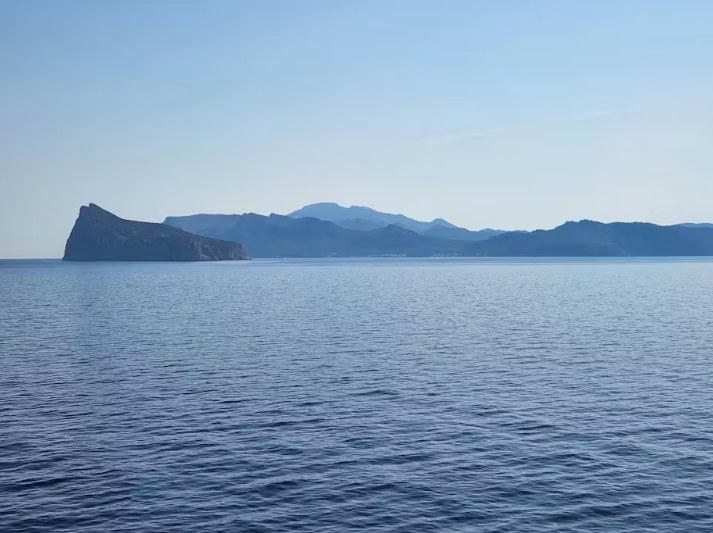It covers only 1% of the Earth’s surface, but it is home to 10% of its biodiversity. However, the Mediterranean Sea has become highly vulnerable to climate disruptions and environmental degradation. These are alarming signals inviting us to rethink its protection and identity.
Granting the Mediterranean Sea the status of a legal natural entity to protect it better. Since the idea was introduced, it has been labeled as impractical, utopian, naïve, and even dangerous. However, here are at least four arguments showing that, on the contrary, this project is not only desirable but also necessary and realistic.
Argument 1: Recognizing rights for new persons or entities is the history of law itself
Granting rights to elements of nature is the latest step in the history of law, which has been made up of the recognition and progressive conquest of subjective rights by living beings. The obstacles in the struggles for equality and the recognition of rights have always been numerous, as those who have led them know.
Thus, in the 16th century, the Spanish clergyman Bartolomé de Las Casas advocated for the recognition of the humanity of Indigenous Americans and their right to fair treatment. In contrast, the cleric Juan Ginés de Sepúlveda justified the conquest and enslavement of Indigenous people on the grounds of their supposed inferiority. Months of debates followed, before Charles V sided with Las Casas.
In France, colonial planters and merchants argued that the economy of the colonies, primarily based on the production of sugar, coffee, and other agricultural products, depended entirely on slave labor. They feared that the emancipation of slaves would lead to rising production costs, economic instability, and a drop in the competitiveness of French products on the international market, not to mention the destabilization of the colonial order. Slave owners also demanded financial compensation in the event of abolition, as they considered slaves to be « property. » It took a great deal of humanism and perseverance to overcome these obstacles, leading to the abolition decree of April 27, 1848.
We can also mention Olympe de Gouges, who fought in her Declaration of the Rights of Woman and the Female Citizen (1791) for the recognition of women as equals to men in rights and dignity. Opponents, influenced by essentialist theories, claimed that women, by their biological nature, were less suited than men to participate in public or political life. They were seen as more emotional, less rational, and better suited to domestic tasks and motherhood. The « traditional » role of women, supported by the Catholic Church in France, was also used by other opponents of equality, who feared the religious conservatism of women. It wasn’t until 1944 that women in France obtained the right to vote, and 1965 before they could open their own bank accounts. The struggle for women’s equality is still ongoing.
Source: the conversation




